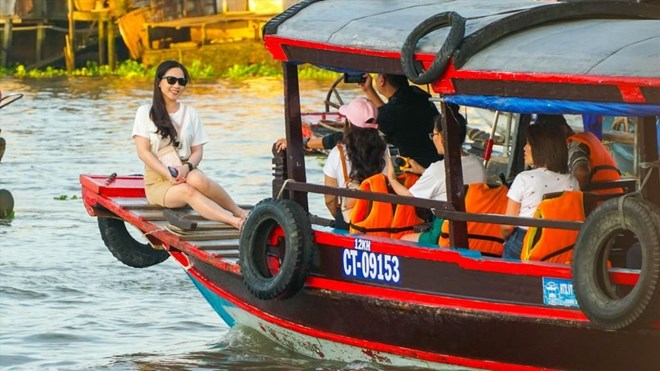
Weaknesses in tourism exploitation
Ecotourism, river tourism are the main types of tourism in Can Tho City. This is a unique resource that not every region has. However, this is also a limitation when many people doing tourism here exploit the common features of the available natural resources such as rivers and gardens, thereby creating duplication in tourism products, unintentionally reducing the attraction for visitors.
Talking to Lao Dong Newspaper, Dr. of Economics Tran Huu Hiep - Vice President of the Mekong Delta Tourism Association - said that the typical tourism product of the Mekong Delta in general is identified as ecological garden tourism associated with rivers. In particular, Can Tho is a central city but has great strength in river tourism.
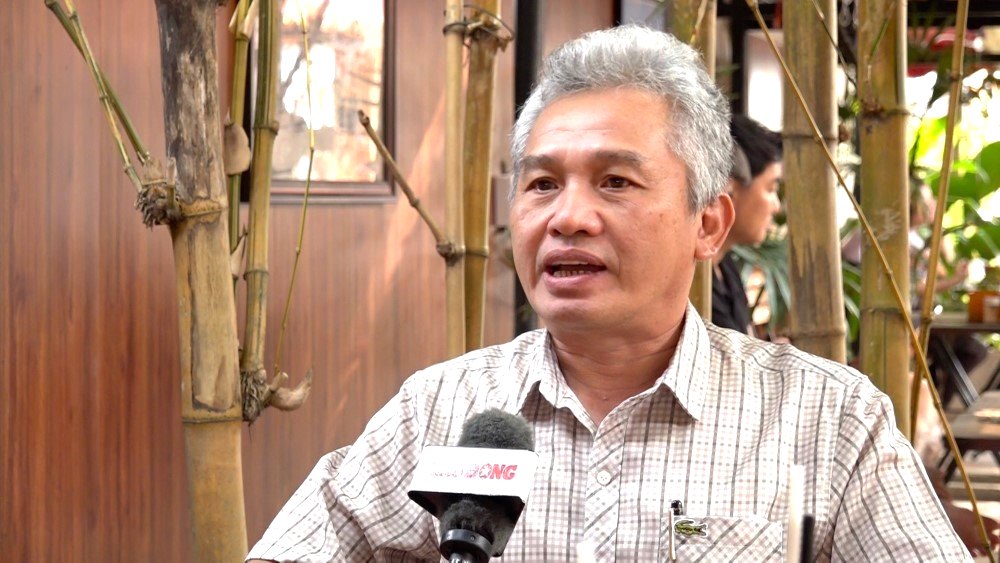
"For many years, the weak point of tourism in Can Tho in particular and the Mekong Delta in general has been the exploitation of this advantage in a repetitive manner. Many people think that by going to one locality, they can see all 13 provinces and cities in the region, with similar tourism activities," said Dr. Hiep.
According to Dr. Tran Huu Hiep, although this weakness has been gradually overcome recently, Can Tho river tourism has seen some innovations and has received more investment. However, the investment has not been at the right level, and the potential has not been fully exploited.
Create a highlight for river tourism
Economic Doctor Tran Huu Hiep commented that Can Tho and the provinces and cities of the Mekong Delta region have three very special advantages. First is the possession of about 28,000 km of river routes with beautiful landscapes; and weather conditions with only two seasons, sunny and rainy, convenient for exploiting and developing river tourism all year round, especially during festivals, summer, and Tet.
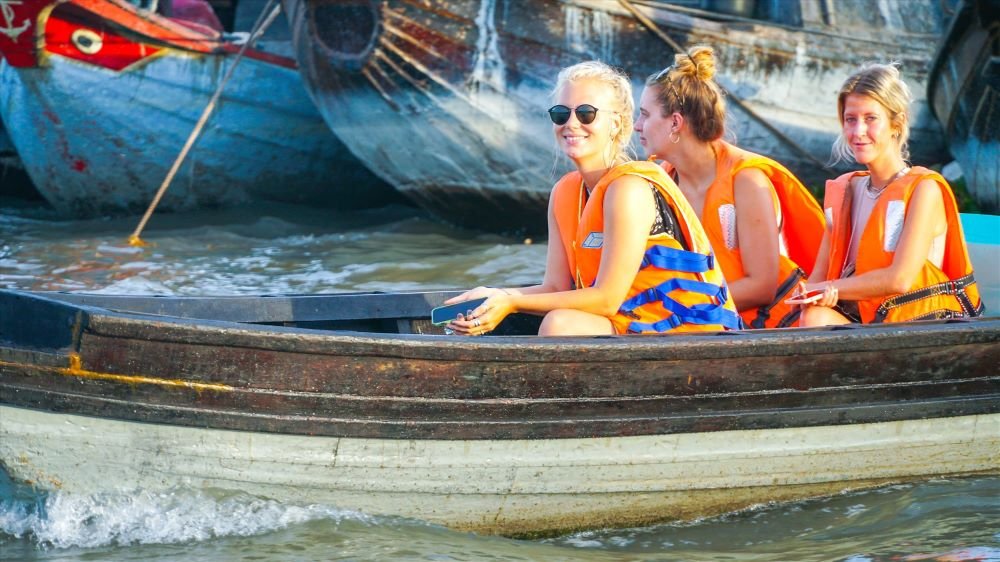
At the same time, if invested and exploited along the riverbank, the indigenous culture, service clusters, and developed resorts can become highlights for river tourism. It is no longer just monotonous activities on ships and boats as it is today, but when connected to destinations, tourists can learn about traditional crafts and the lifestyle of indigenous people.
Along with that, a strong point that needs to be considered is the connection between provinces and cities in the region. In particular, not only Cai Rang floating market (Can Tho) but also other localities can connect into a complex, typically Nga Bay floating market (Hau Giang), Tra On floating market (Vinh Long), Nga Nam floating market (Soc Trang). From this connection, travel companies can exploit segments associated with tours, routes, combining both river and road transport methods to maximize exploitation.
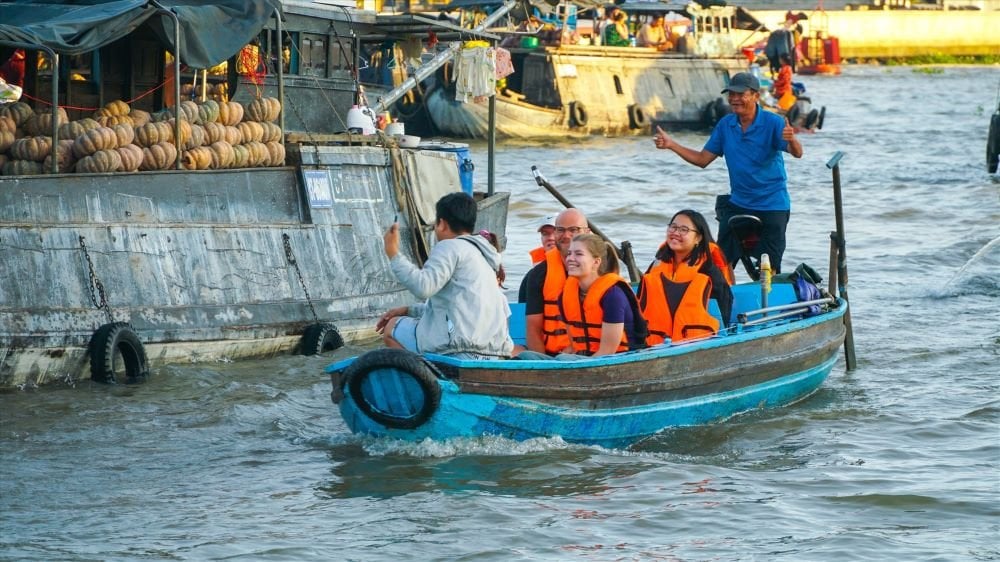
“I am particularly interested in the project to Build and Develop Special Tourism Products in Can Tho City. The focus is on the project to Develop Cai Rang Floating Market – a national intangible cultural heritage. In the coming time, we need to invest and support tourism businesses to create an attractive tourism environment to attract tourists,” Dr. Hiep emphasized.
In addition, Dr. Hiep also suggested the development of urban agricultural tourism, from the extremely important advantages of transportation, tourism infrastructure, hotel systems, logistics systems, etc. In particular, focusing on investing in flower villages on the outskirts of the city, typically Ba Bo flower village (Binh Thuy district), to increase the attraction for tourism investors and create a brand of flowers and ornamental plants in Can Tho.
According to Dr. Tran Huu Hiep, Vice President of the Mekong Delta Tourism Association, in the overall picture of the Mekong Delta economy, Can Tho City is identified as one of the two tourism centers of the region (along with Phu Quoc). In 2023, Can Tho tourism also emerged as one of the bright spots of the city, with the number of tourists reaching nearly 6 million, an increase of 17%; total tourism revenue reached 5,420 billion VND, an increase of 32% compared to 2022, especially the number of international tourists also increased.
Assessing this growth, Dr. Hiep said that in the short term, this is a good thing, worth noting. However, in the long term, especially with the potential, advantages and needs to develop the city's key economic sector, there are still many issues that need to be raised for attention and development. In particular, tourism services need to develop more strongly, worthy of the expectation of becoming a civilized, modern ecological urban area, leading and playing a central role in the Mekong Delta region.
Source



![[Photo] Ready for the top competitions of Vietnamese table tennis](https://vphoto.vietnam.vn/thumb/1200x675/vietnam/resource/IMAGE/2025/5/18/9c547c497c5a4ade8f98c8e7d44f5a41)

![[Photo] General Secretary To Lam visits exhibition of achievements in private economic development](https://vphoto.vietnam.vn/thumb/1200x675/vietnam/resource/IMAGE/2025/5/18/1809dc545f214a86911fe2d2d0fde2e8)


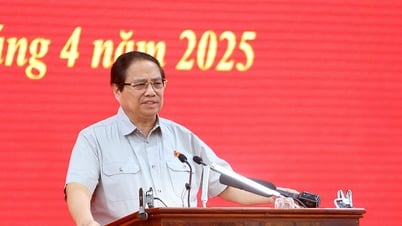



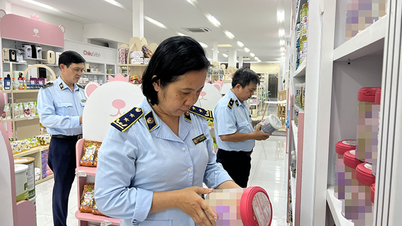



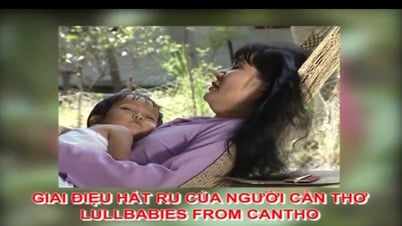



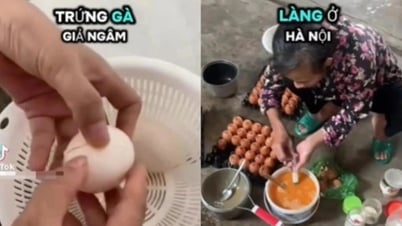

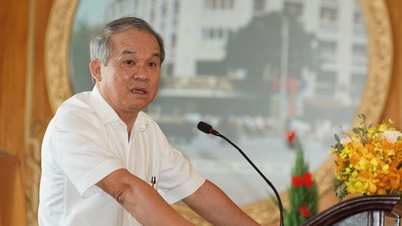
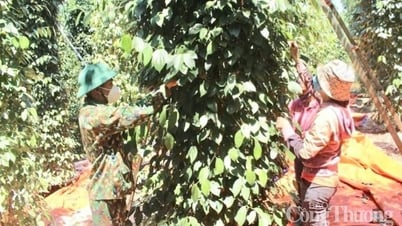

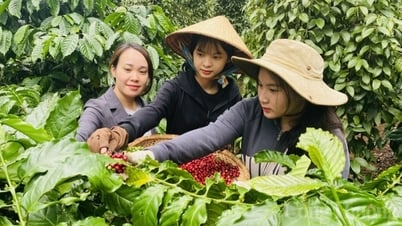
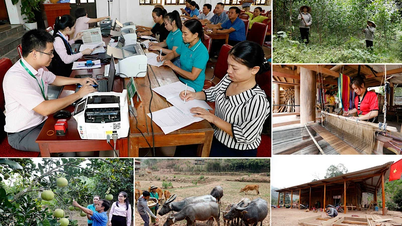










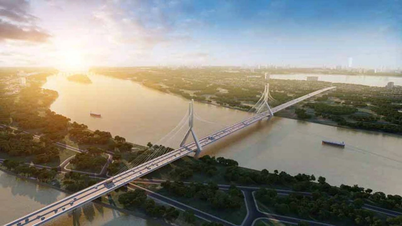

![[Photo] National conference to disseminate and implement Resolution No. 66-NQ/TW and Resolution No. 68-NQ/TW of the Politburo](https://vphoto.vietnam.vn/thumb/1200x675/vietnam/resource/IMAGE/2025/5/18/adf666b9303a4213998b395b05234b6a)














































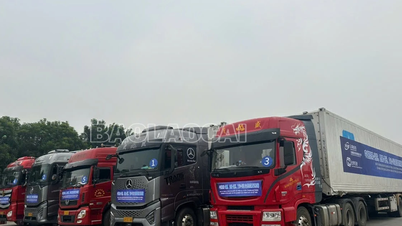


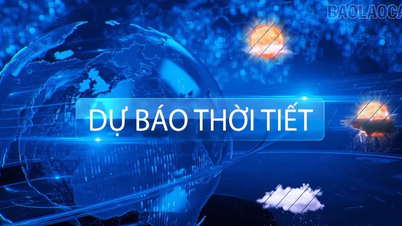











Comment (0)